Give a child love, laughter and peace, not AIDS
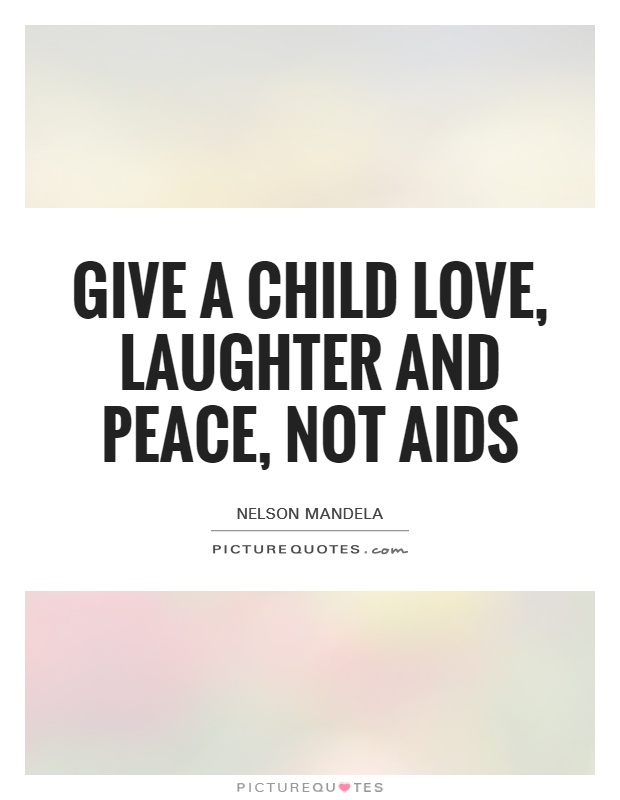
Give a child love, laughter and peace, not AIDS
Nelson Mandela, the iconic leader of South Africa, was a firm believer in the power of love, laughter, and peace in shaping a better future for children. He understood the importance of providing a nurturing and supportive environment for children to thrive and reach their full potential. Mandela recognized that children are the future of any society and that investing in their well-being is crucial for building a more just and equitable world.One of the greatest threats to children's well-being is the HIV/AIDS epidemic, which has devastated communities across the globe, particularly in sub-Saharan Africa. Mandela was a vocal advocate for HIV/AIDS awareness and prevention, recognizing the devastating impact the disease has on children and families. He understood that the stigma and discrimination associated with HIV/AIDS could have a profound impact on children's mental and emotional well-being, as well as their access to education and healthcare.
Mandela believed that love, laughter, and peace were essential ingredients for creating a supportive and nurturing environment for children affected by HIV/AIDS. He emphasized the importance of showing compassion and empathy towards those living with the disease, and of providing them with the care and support they need to live healthy and fulfilling lives. Mandela also recognized the importance of laughter and joy in helping children cope with the challenges they face, and of creating a sense of peace and security in their lives.
By promoting love, laughter, and peace in the context of HIV/AIDS prevention and care, Mandela sought to create a more compassionate and inclusive society that values the well-being of all its members, especially its most vulnerable. He believed that by giving children the love, laughter, and peace they need to thrive, we can create a brighter future for all. Mandela's legacy continues to inspire us to work towards a world where every child is loved, supported, and empowered to reach their full potential, free from the threat of HIV/AIDS.


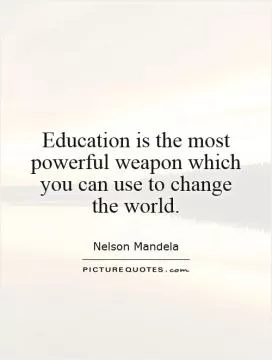
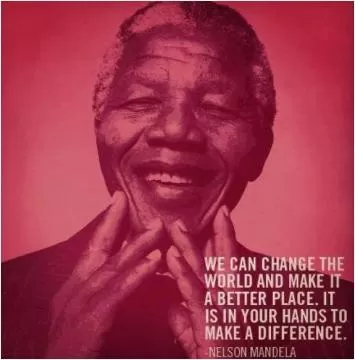
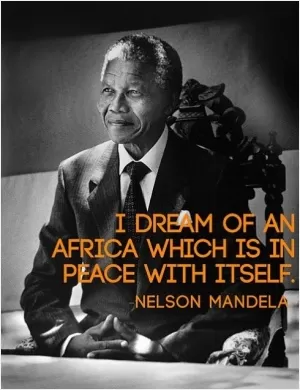
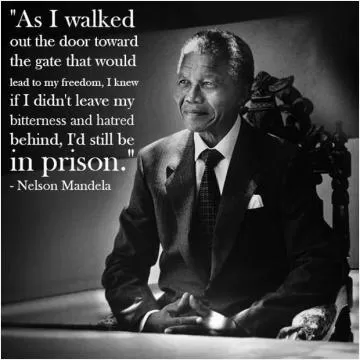
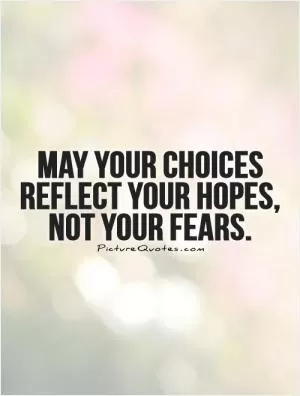
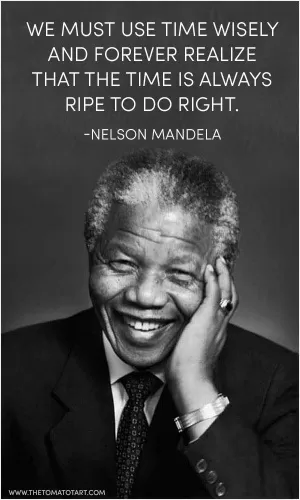
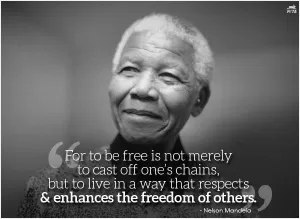
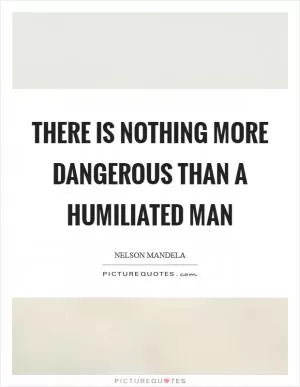
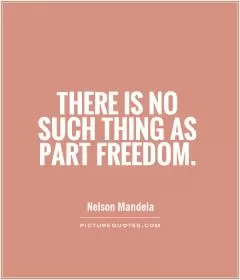
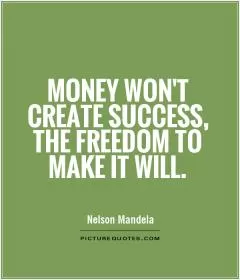
 Friendship Quotes
Friendship Quotes Love Quotes
Love Quotes Life Quotes
Life Quotes Funny Quotes
Funny Quotes Motivational Quotes
Motivational Quotes Inspirational Quotes
Inspirational Quotes